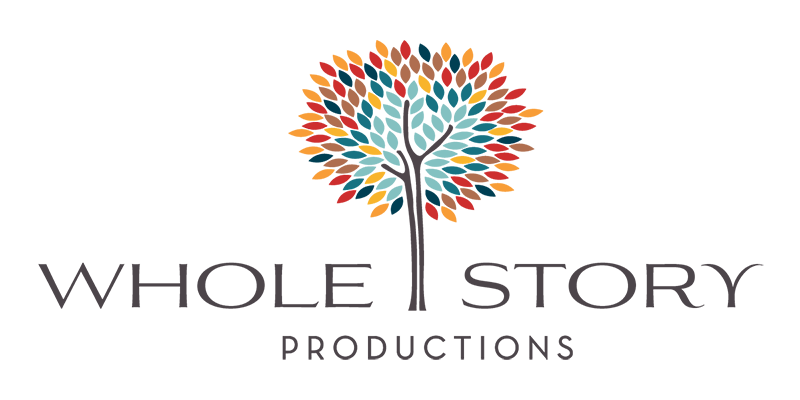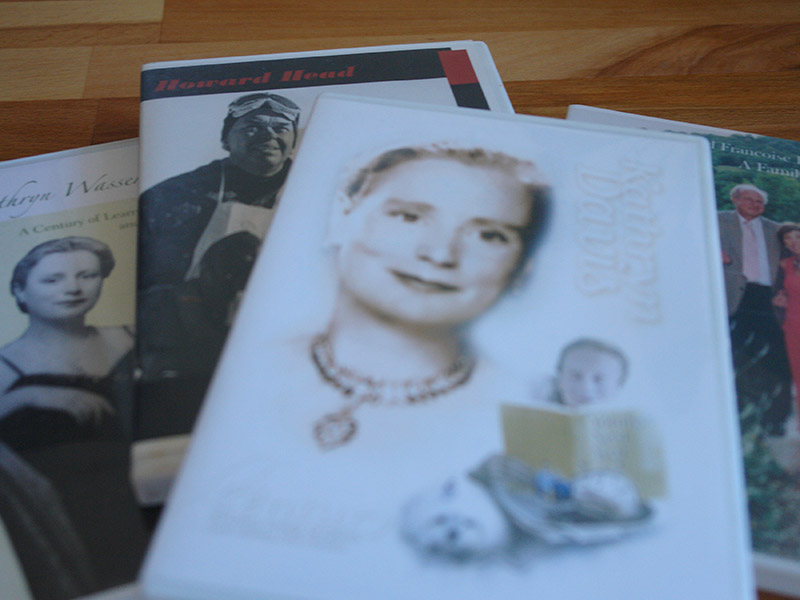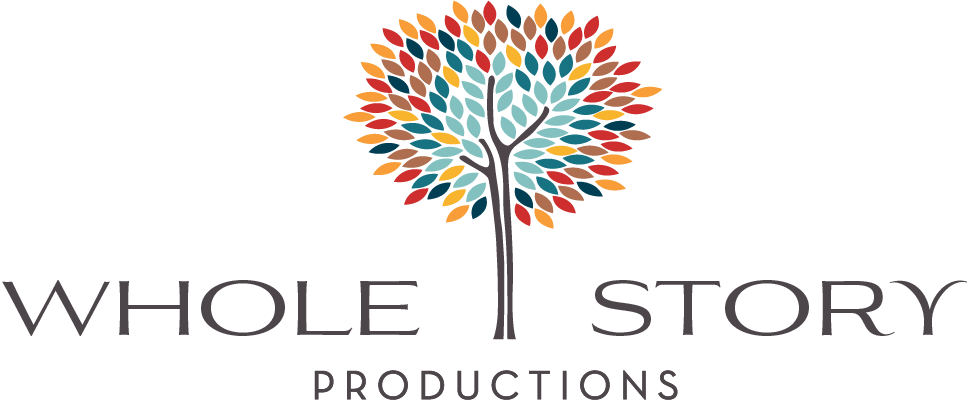At the core of the human condition is the family. Every family has its own stories: where the earliest family members came from, when, where and why they settled where they are today. Documenting the origins of the family businesses, and the successes and failures that got the family where they are today is more important now than ever before. Early immigrants were reluctant to share their heritage. Their priority was to adapt and fit in to their new world. In the modern world, it is this heritage that makes the family unique.
Unfortunately, it often takes a ‘trigger event’ to motivate a family such as the death of the patriarch or a health issue. Before it’s too late, begin the process of preserving an accurate family history for future generations. Take the lead and be a responsible steward of your family’s name and unique history. Let Whole Story Productions guide you through the process using the latest digital technology, current interviews, past photos, film and historical news footage and music to tell the family story, with professional production values that are clean, accurate and entertaining.
You might be asking “But how do I get started?”
First things first: make phone calls, gather the troops, pool your resources, and discuss issues with older family members. Build your family tree with as many specifics as possible, including birth dates and places. Try to identify gaps in the family history. Investigate other important information such as the initial goals of a family business and early contributions to local community. People like to talk about their successes, but the early struggles can be equally informative and even more dynamic.
Once most of this information is gathered, the process of building a family documentary can begin. At this point video interviews of knowledgeable family members are conducted. These interviews are invaluable. They can preserve the founding family’s entrepreneurial spirit or an artist’s work and their inspiration. Use these interviews to preserve the vision of the success and purpose of the family. They will enlighten the younger generations as well as the rest of the family in perpetuity.
These interviews are a great way to explain to younger generations the philosophies behind the philanthropy and legacy of the founding family. This insight as to why they felt so strongly so many years ago is an important tool in leading the family mission into the next generation.
As immigrants to the United States, the Roux family initially thought they may be here only a few years. Jacques, the patriarch, had finished medical school and sought out grant money for research. He found that money in the U.S., so off he went with his young family. The two years turned in to 60 and he and his wife currently split time between Europe and the U.S. in their retirement after decades of success in medical research and high risk obstetrics/gynecology.
“Making a family documentary is a memorial to the good times and the bad times, said Dr. Roux. “It helps to understand and recognize family traits, trends and qualities which explain the different personalities of a family, their specific intellectual and physical talents.”
To celebrate his 80th birthday, Dr. Roux shared the stories of the past with a family documentary, how he and his wife Françoise boarded a ship in Europe, landed in New Jersey and moved about the U.S. They landed at top-notch universities around the country as his reputation improved and his skills were wanted, packing up the kids each time. To observe the family while they watched the final product and learned more about their own family history was a moving experience, as laughter abounded and a few tears were shed.
The process itself, compiling information and creating a videography of the family story will connect the generations. “By recording stories, a common bond is created within the family”, says Jay Hughes, an expert in family consulting. “It is the glue that binds family members together.” Families and communities have been sharing stories for thousands of years. You too can use this tool to inspire the next generation. Challenge them to live up to their potential, to be productive in their communities. Teach them the importance of expanding their sphere of influence and to continue the family traditions of philanthropy. Give them the wisdom for the future by helping them understand the past.


